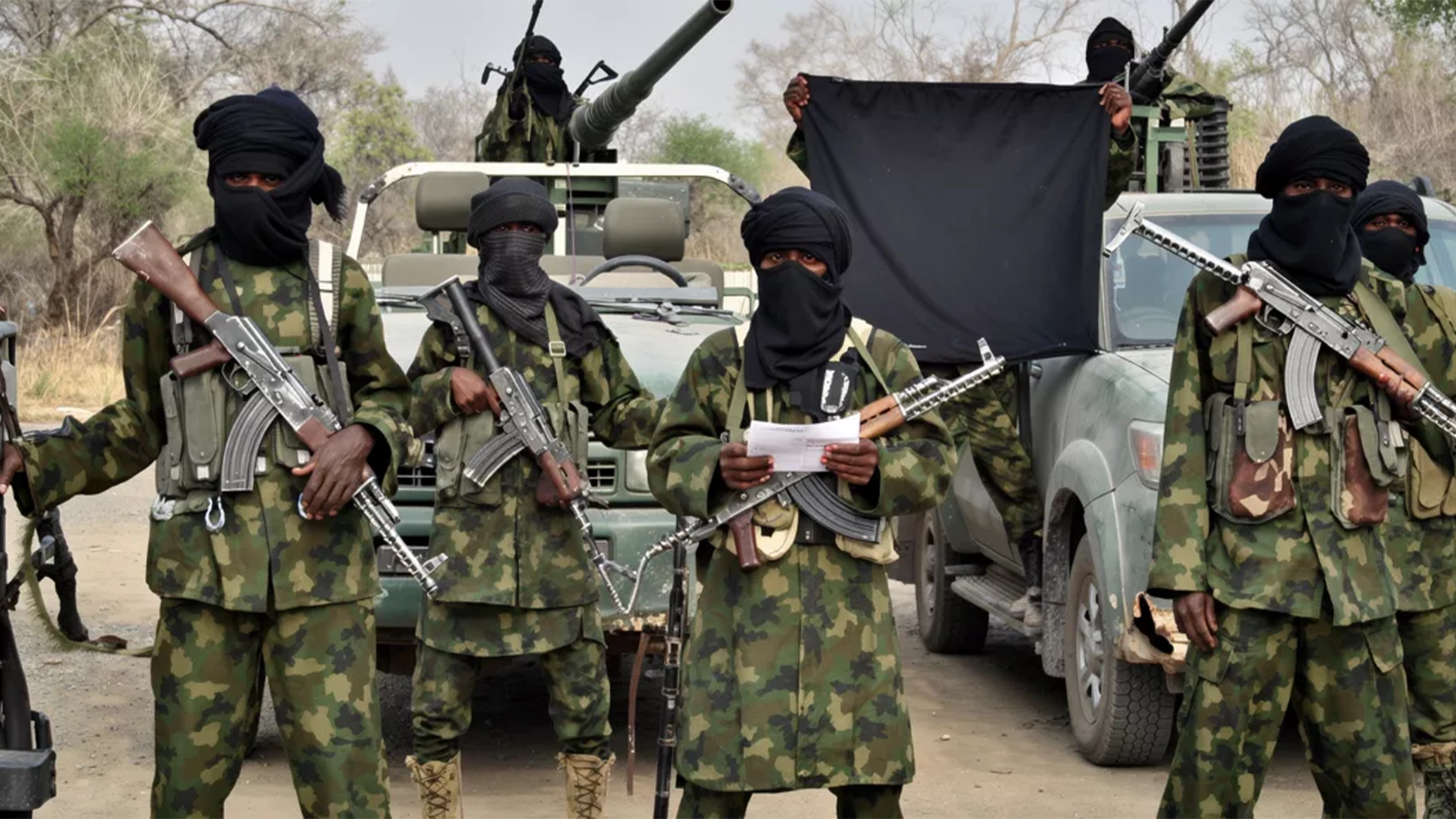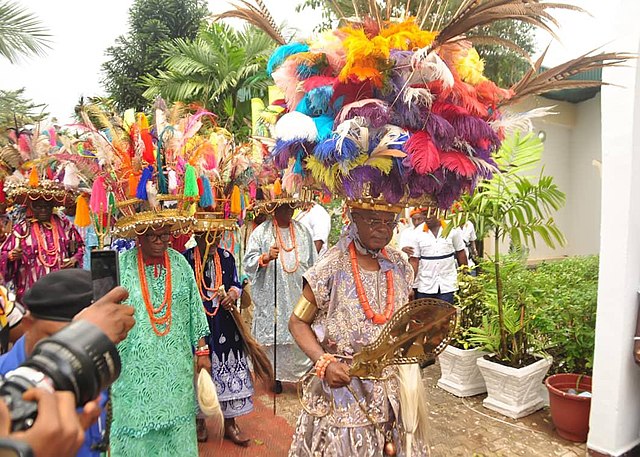The Nigeria Police Force has defended its controversial tinted-glass permit policy, insisting that it is lawful, transparent, and vital to crime prevention.
Reacting to a suit filed by the Nigerian Bar Association (NBA) against the Inspector-General of Police, Kayode Egbetokun, the Force described recent criticisms of the policy as misleading.
Police spokesman, CSP Benjamin Hundeyin, in a statement on Wednesday, said the permit process was rooted in clear legal provisions and not an arbitrary exercise of power.
“Section 2(3a) of the Motor Vehicles (Prohibition of Tinted Glass) Act, 2004 empowers the Inspector-General of Police or any person duly authorised by him to grant or approve the permit,” Hundeyin explained.
He added that the law requires applicants to show good cause before approval.
“Section 1(2) of the same Act provides that an applicant must show good cause either on health grounds or for security reasons before the use of tinted glass can be approved,” he noted.
According to the police, the regulation is designed as part of a wider crime-prevention strategy.
“The essence of this regulation is consistent with the core mandate of the Police to prevent crimes, as the permit is a critical tool for curbing violent crimes such as kidnapping, armed robbery, terrorism, and one chance operations,” Hundeyin said.
Hundeyin said the payments were only processing charges, used to maintain the digital infrastructure deployed for the service.
He cited sections 26(e) and (f) of the Nigeria Police Act, 2020, as legal backing for the charges.
The police further highlighted the success of its Electronic Central Motor Registry (e-CMR), which it said has helped trace and recover stolen vehicles nationwide.
The NBA, however, has argued that the fees are unconstitutional and that the entire process lacks transparency.
Hundeyin described the NBA’s claims as “a calculated attempt to cast aspersions on the image, integrity, and lawful operations of the Force.”
The IGP reaffirmed that the Police remain committed to upholding the rule of law while safeguarding the rights of Nigerians.






